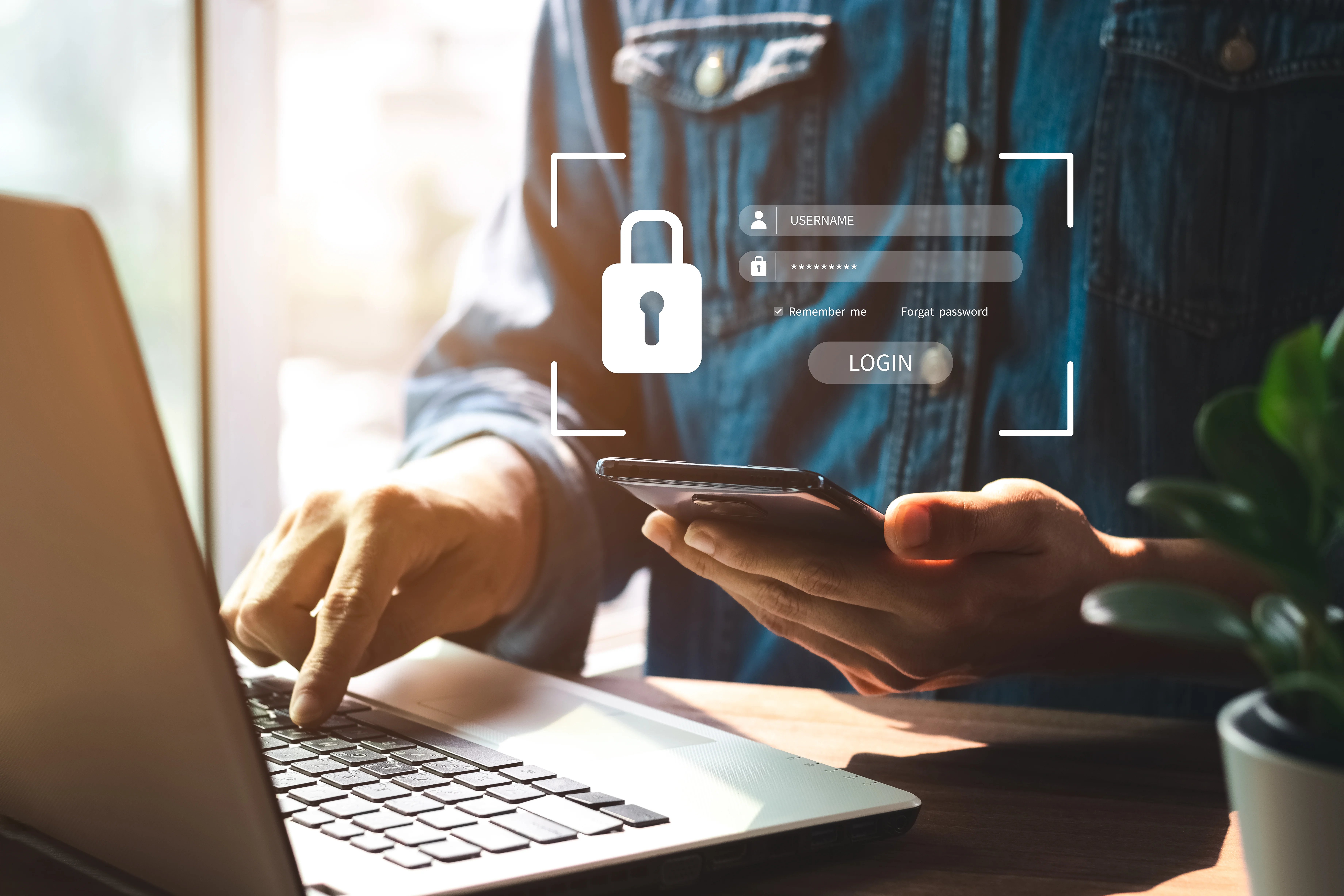Seamlessly secure user access
Person Centred Software is committed to delivering a high standard of data security to help ensure personal records and sensitive information held in our digital social care record system, mCare, are kept secure and protected on a robust platform.
Our single sign-on (SSO) feature helps care organisations to remain fully in control and compliant with information governance and data protection standards and meet their legislative responsibilities.

What is single sign-on (SSO)?
Single sign-on (SSO) is an authentication method that enables users to securely authenticate with multiple applications and websites using just one set of credentials.
Why is single sign-on important?
Using SSO to streamline user logins benefits users and care organisations in several ways:
- Improves user experience - you only need to remember one set of login details, making it easier to access multiple sites and apps without having to remember multiple login credentials.
- Improves productivity, even when working remotely - an employee may need to access multiple applications, each requiring different login credentials. Remembering and entering these credentials can be time-consuming, but SSO eliminates this by providing users with a single set of credentials to access all necessary applications.
- Adds an extra layer of security - SSO enforces your organisation's authentication policies, such as two-factor authentication (2FA), adding an extra layer of security to the login process.
- Enhances regulatory compliance - By centralising authentication and access control, SSO can also help care organisations comply with regulations such as the General Data Protection Regulation (GDPR), the Health Insurance Portability and Accountability Act (HIPAA), and a whole heap of other regulations.
- Improves security - SSO combined with 2FA protects your employees and your organization. SSO helps improve security through central management, whilst 2FA prompts users during sign-in to provide two methods of identification.
- Reduces the burden on IT departments - Keeping track of and reminding users of the many passwords they have to use on a regular basis can be an administrative task that costs IT departments time and money. SSO makes the process more manageable so that employees only have one password.
Why should care providers implement SSO?
Security of systems and controlling who can access your data come hand in hand when it comes to keeping your data safe. Both software providers and users play a key role in ensuring the most appropriate measures are in place.
We host our digital social care record system, mCare, on infrastructure that is secure by design, following industry standards for the provisioning of a SaaS (Software as a Service). The responsibility to keep data safe also requires the organisations that use it to implement certain measures to increase security. This helps you to achieve Cyber Essentials Compliance and follow industry best practices in a modern digital world, where cyber-attacks are one of the biggest threats to a business.
Reporting
We have introduced some additional reporting that will allow you to monitor who within your organisation has got 2FA enabled, 2FA bypass and what setting they have for SSO. This report also gives you access to the following: worker name, role, job description, email host, password age (days), access from anywhere, last logged in, and days since last logged in.
To learn more about mCare's SSO feature, click here. To learn more about mCare's 2FA feature, click here.
If you have already implemented mCare and need assistance with SSO setup, please contact us for your SSO user guide, or you can also create a support request within mCare or start a Tech Chat.




.png)

.jpg)
.webp?width=80&height=80&name=HTD%20Awards%202023%20Badge%20(4).webp)














